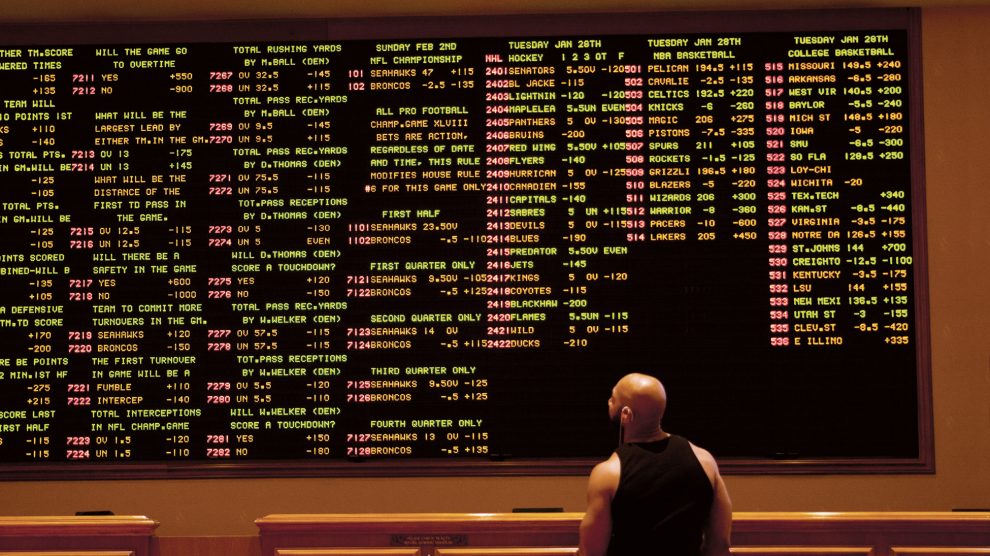There's a lot of rejoicing in the sports-betting community, as the Supreme Court of the United States ruled on May 14, 2018, that the Professional and Amateur Sports Protection Act of 1992 was ruled unconstitutional in a 7-2 decision.
Justice Samuel Alito, who is from New Jersey, wrote the court’s opinion in the case. Justices Ruth Bader Ginsburg and Sonia Sotomayor dissented. This is pretty much the biggest achievement for now-former New Jersey governor Chris Christie, who signed a law legalizing sports books in his state in 2012 after a wildly popular referendum in 2011. The ongoing court battle has led to this moment, some six years later, after lower courts ruled against the 2012 law and a 2014 law was brought forward, aiming to work around the prior law's legal pitfalls, effectively lifting a prohibition on sports books at existing facilities like horse tracks and casinos. After that law was also struck down at a lower court level, the Supreme Court agreed in June 2017 to hear the case.
Many have misinterpreted the ruling as immediately legalizing sports betting throughout the United States. However, that's not the case.
What this Supreme Court ruling actually does is rid the federal law roll of PASPA, signed into law by President George H.W. Bush. That's it. It also means states and the Congress are now able to legalize sports betting in their respective jurisdictions and domains.
As of right now, the only states where sports betting is legal are Nevada, Oregon, Delaware (for NFL parlays only) and Montana. New Jersey can now enter the fray with its law on the books and ruled OK under the Constitution. Some 20 other states have been considering laws legalizing sports betting in some fashion based on their current gambling laws and casino regulations. This could mean a fairly rapid pace of legalizing sports betting throughout much of the United States, but there are still plenty of hurdles.
States will have to decide which types of betting to legalize, and they'll have to codify that. The four major professional sports leagues, the PGA Tour and other sports entities have hoped to be in on the conversation. Player unions are also hoping to be included. All seem to want a cut of the potential future action, aside from whatever taxation each jurisdiction would apply to sports betting.
We also will learn if states will legalize online sports betting within their confines, or if they'll require sports bettors to do so in person at a regulated facility. It's more likely than not that the action will move mostly online, akin to what's happened in Nevada with sports betting and in New Jersey with online poker.
This could have tremendous effects on state revenues raked in from gambling, well on top of casino gambling. It could have a tremendous impact on tourism into Las Vegas and throughout Nevada, as Sin City will now have to compete on an experience basis as opposed to having the basic nuts and bolts of sports betting. Offshore sports books could suffer tremendously as, if implemented properly in the United States, legal sports betting in states will bring money out of the shadows.
This is really just the start, a catalyst for a flood of actions -- and action -- to come. However, expect Las Vegas- and Europe-based betting giants to be well-prepared to ramp up sports betting operations throughout the United States once the first of a list of states choose to legalize sports gambling.

